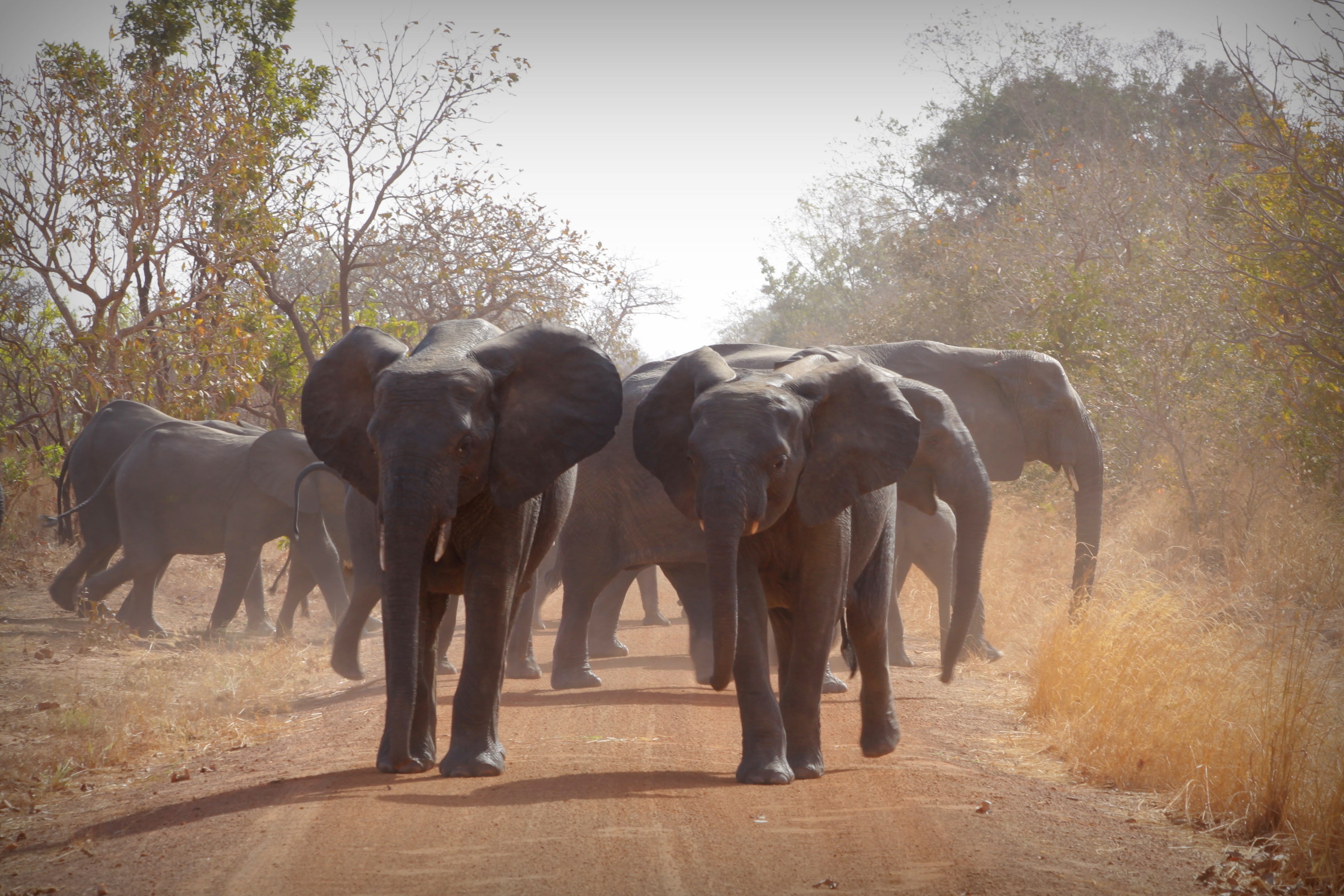- Resolution of Human Wildlife Conflicts
- Bénéficiaire ACODED - Action Concertée pour le Développement Durable
- Montant du projet € 38 231
- Subventions FFEM € 18 461
-
État du projet achevé
ACODED is an NGO created in 2007 and technically supported by two French associations (Sitatunga and Des Eléphants et des Hommes). It operates around the Waza National Park (PNW), where it has already carried out a PPI project currently being closed and having produced good results, in particular with the monitoring of elephants during their migration by elephant rangers to mitigate conflicts with men. and poaching. The elephant population of WNP is estimated, according to the latest inventories, at around 1,000 individuals.
Much of these pachyderms migrate outside the PA seasonally. The situation is particularly worrying and elephants continue to be poached during their migrations, especially at the Chadian and Nigerian borders. During these migrations, elephants also intrude into fields and destroy crops in the process, which leads to conflicts with peasants. Human-Elephant conflicts (HEC) constitute, along with poaching, a major challenge for a peaceful coexistence between the two species in the far north and generate a number of resentments that are not favorable to the conservation of elephants and wildlife in general.
While the previous project was focused on the PNW, this new project proposes to extend the intervention area to almost the entire Far North region of Cameroon (4 departments out of 6) which covers several PAs (PNW, National Park of Kalamaloué and Kalfou Forest Reserve) which are the areas of convergence of elephants.
The project, which is entering its second phase, aims to contribute to the preservation of the elephant population of the Far North Cameroon and to the promotion of better sustainable cohabitation between humans and elephants by improving the perception of the conservation of the elephant through environmental education geared towards primary schoolchildren and populations affected by HEC; by protecting elephants through a continuous monitoring system during their migrations and by implementing technical solutions adapted to the context of the Far North to mitigate HEC. This project will benefit approximately 25,000 households or 200,000 people.
